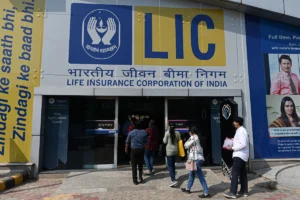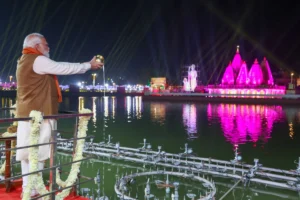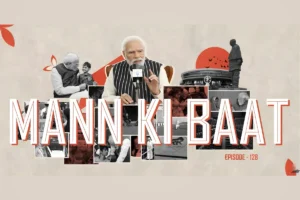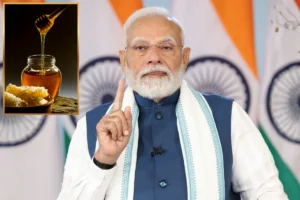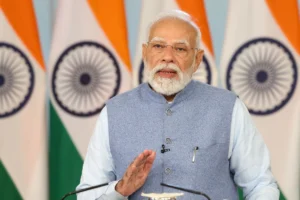
Lok Sabha Passes Criminal Code Bills
In a significant development, three crucial bills aimed at replacing India’s colonial-era criminal laws were swiftly passed in the Lok Sabha today, largely in the absence of the Opposition. The Bharatiya Nyaya (Second) Sanhita, 2023, the Bharatiya Nagarik Suraksha (Second) Sanhita, 2023, and the Bharatiya Sakshya (Second) Bill, 2023, are set to replace the antiquated Indian Penal Code of 1860, Code of Criminal Procedure (CrPC) of 1973, and Indian Evidence Act of 1872.
This hasty legislative process unfolded amid the suspension of 143 Opposition members, a result of protests over a recent security breach, bringing the total number of suspensions in the Lok Sabha to 97, including two more MPs today. Tensions escalated further with the mimicry of Rajya Sabha Chairman Jagdeep Dhankhar by a Trinamool MP, becoming the latest flashpoint between the government and the Opposition.
Also Read: ED Summons Tejashwi Yadav, Lalu Prasad In Money Laundering Case
Union Home Minister Amit Shah defended the bills, asserting that they address the inadequacies of colonial-era rules and underscore “Indianness,” the Indian Constitution, and public welfare. Shah emphasized his meticulous examination of the new criminal laws, insisting they align with the constitutional spirit. The bills were initially withdrawn after the monsoon session, with three revised bills introduced to incorporate necessary changes.
While the Standing Committee examined the new bills, no official amendments were proposed. Instead, the bills were reintroduced, sparking allegations from the Opposition that the suspension of MPs was a tactic to expedite key bills without proper deliberation. Criticism came from several quarters, including the Congress, Trinamool Congress, and the DMK. The Congress called for a more extensive public debate involving judges, jurists, lawyers, criminologists, and the general public, expressing concerns about similarities between sections of the new bills and the colonial laws supposedly being replaced. Additionally, these parties advocated for postponing the passage of the bills until after the upcoming general elections.
To read more such news, download Bharat Express news apps
















